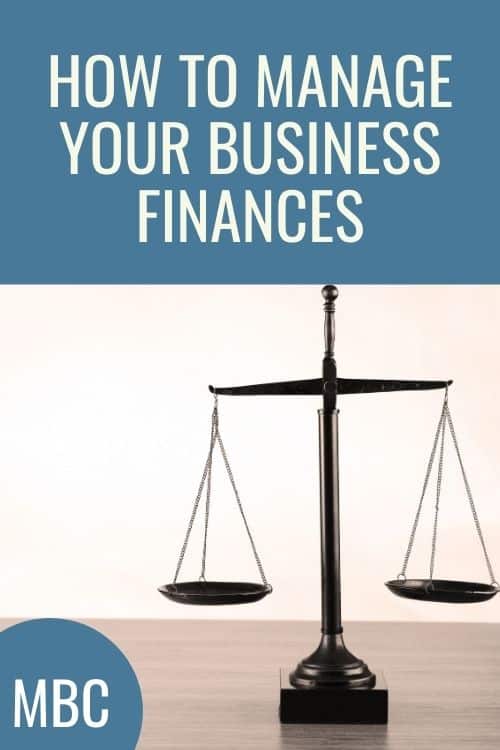Knowing exactly how much you spend and how much you earn is important for every organization.
You could end up with a large amount of debt if you do not keep a close eye on your cash flow, which can trigger issues in both your personal and your business life.
To help you to avoid getting into a sticky financial mess, here are just a few ways to help you stay in control of your business finances.

Hire a professional
Really, to balance your books properly, you need the support of a professional accountant, or at the very least a bookkeeper.
They know exactly how well your Business Finance and cashflow is looking, they know how to organise your accounts, and they also know all of the legal loopholes that could save you a significant amount of money. It saves you a lot of time as well.
Okay, so outsourcing this to someone else will cost you money and that seems counterproductive but believe us, it will save you a fortune in time and money in the long-term.
Have all payments come out at the same time
Try to schedule all outgoing payments to go out at the same time, if feasible. This makes it easier to keep track of when money is going out because you have a better idea of how much money you have left after paying bills to last you until the next payment date.
If you ask, many suppliers will be happy to change the payment date for you.
Make a note of when payments are due
It is important that you ensure that your clients pay for you in a timely manner. If people pay you on a monthly basis, ensure that their money goes into your account so that you can pursue customers who pay late.
Do not allow yourself to become complacent when it comes to chasing up overdue payments.
Make sure you add late payment fees to the invoices of customers who regularly pay late, to cover any costs that you incur.
Separate your business finances from your personal finances
It is far too easy, particularly if you are a small business, to get all your money from both your personal income and your business income going in and out of the same account.
It may be simpler, but it is also the fastest way to muddle up finances and not spot any cash flow issues until they become a much more critical issue.
By keeping different accounts and paying your salaries from one to the other, you will have a better eye on things, and when it comes to making tax returns and accounting, it can make it a lot simpler, particularly if you face the auditing process at some point.
Ensure you have enough capital
One problem many companies have is that they do not have enough money to get through the start-up process. To avoid this, make sure that you have saved a minimum of three months’ living expenses, plus the amount you plan to use for the first three months’ business expenses. Assume that you will not make a large amount of money for that time, and prepare accordingly.
- DISCLOSURE – This post has been written by an outside source



